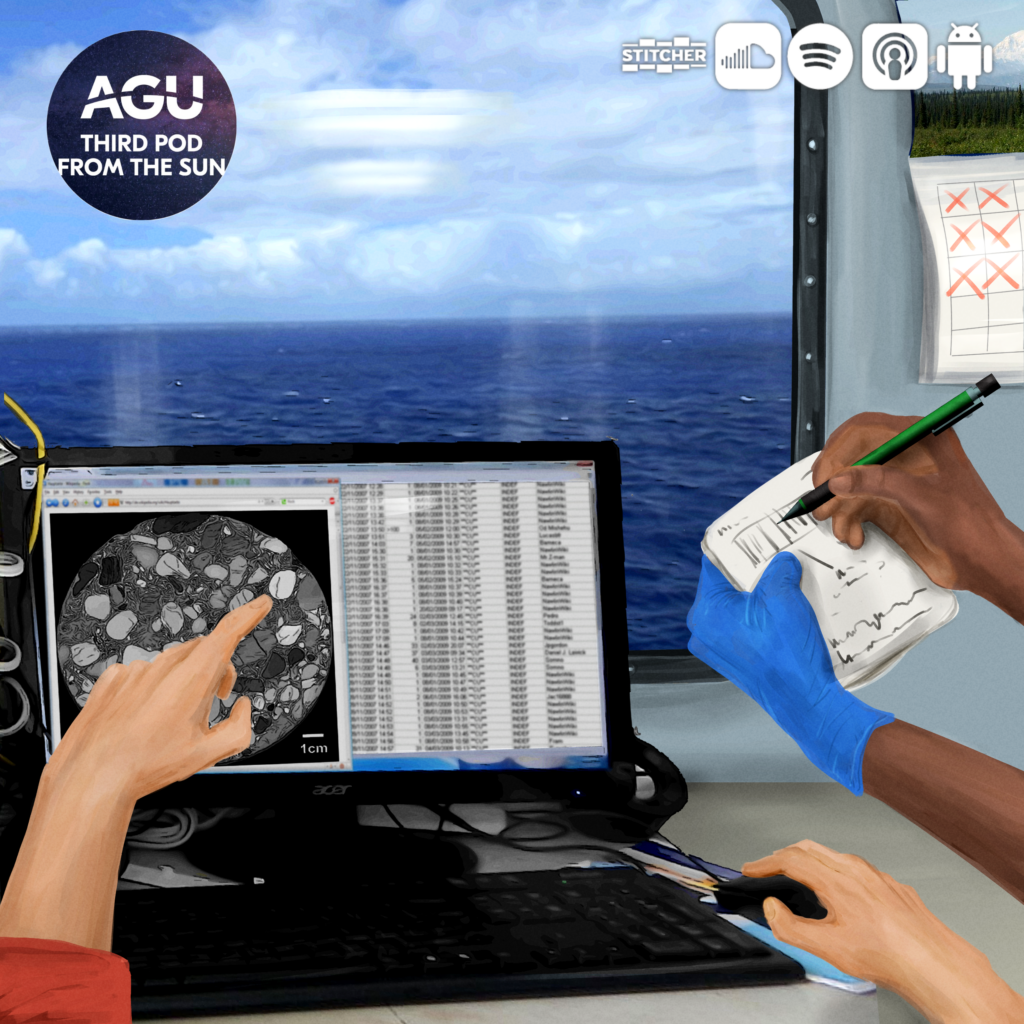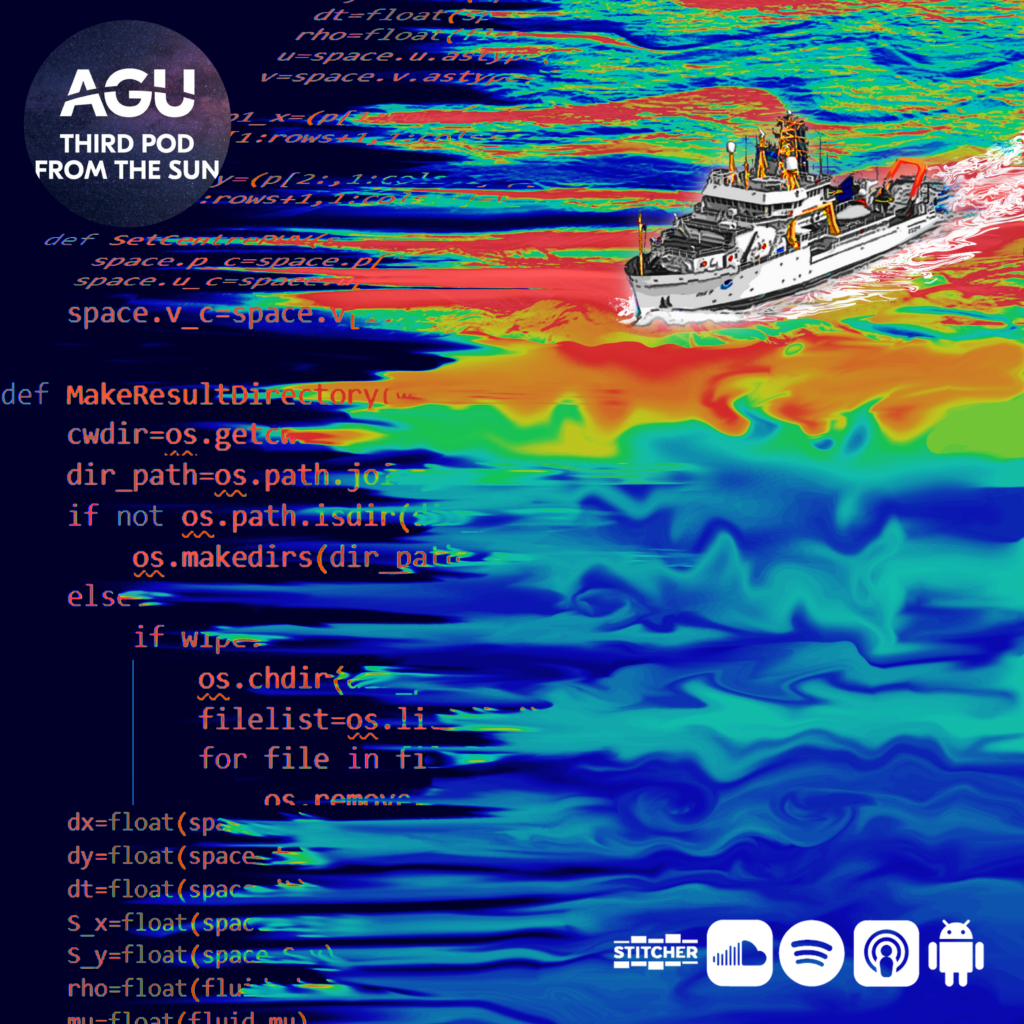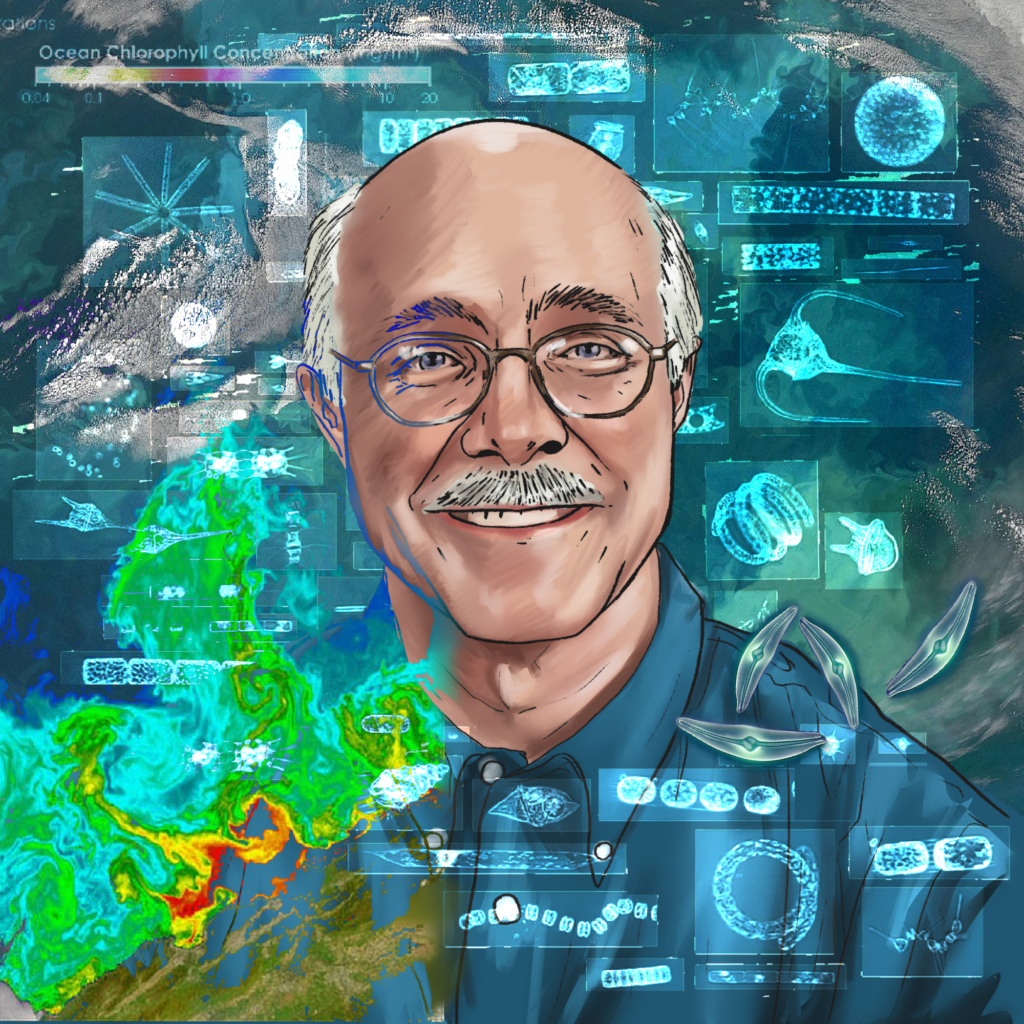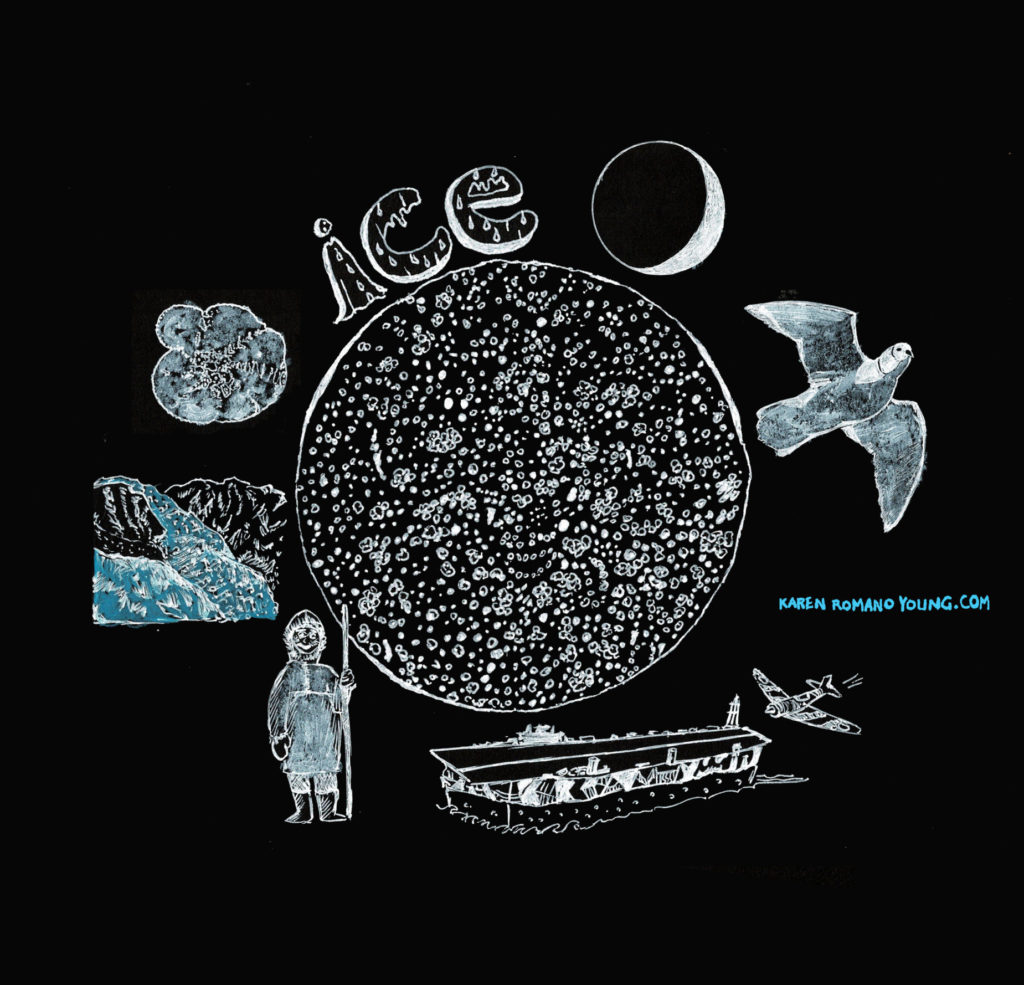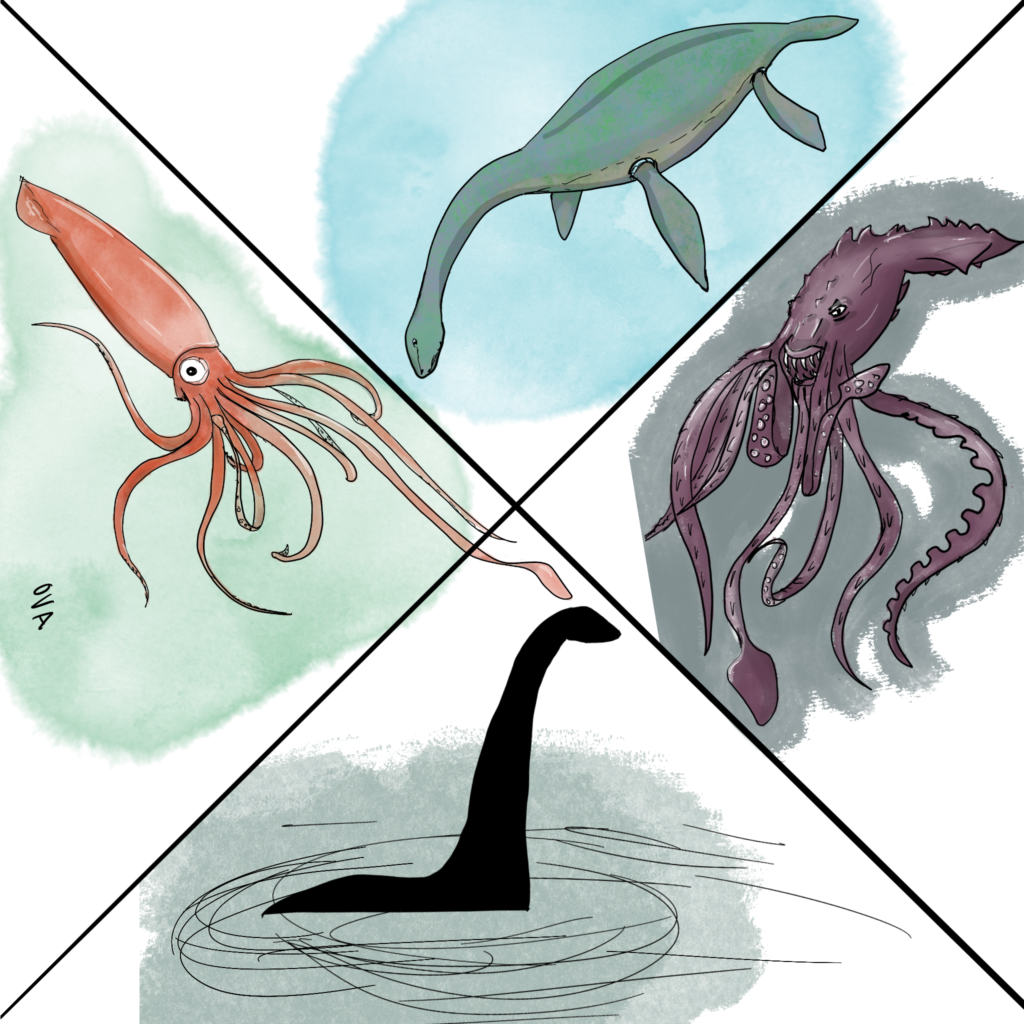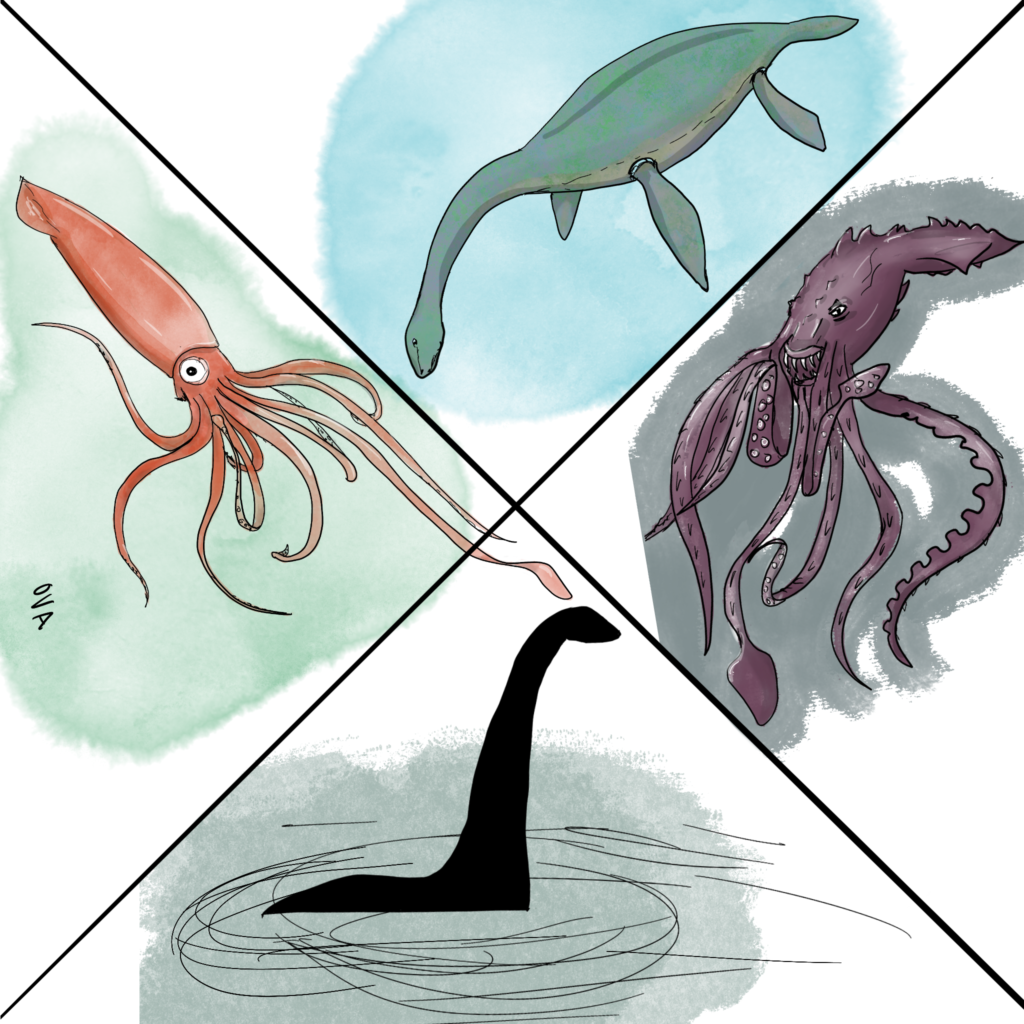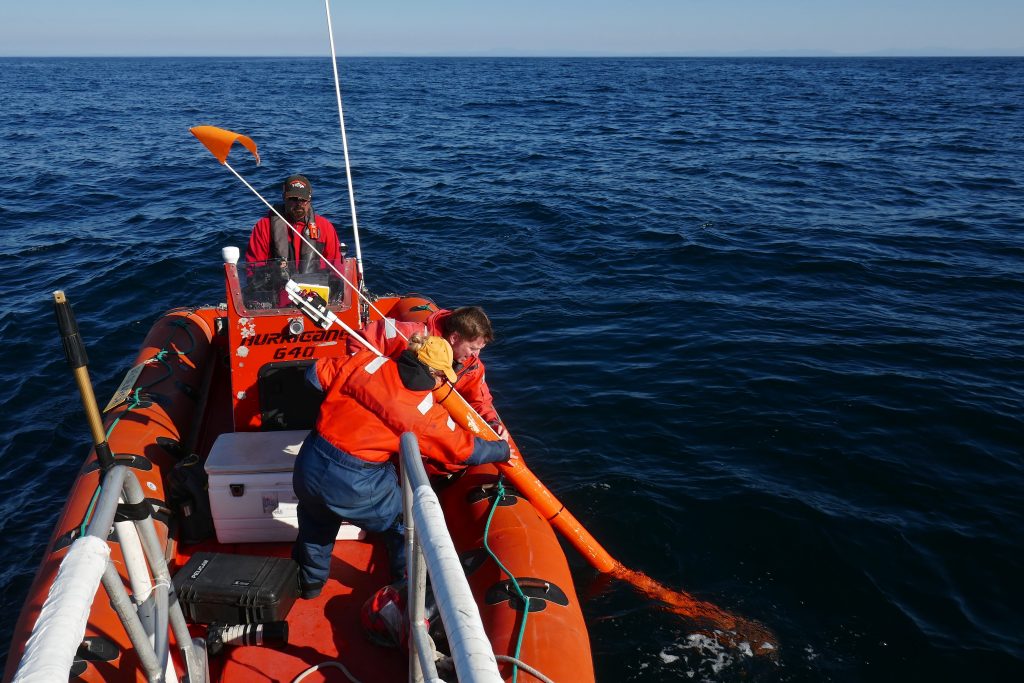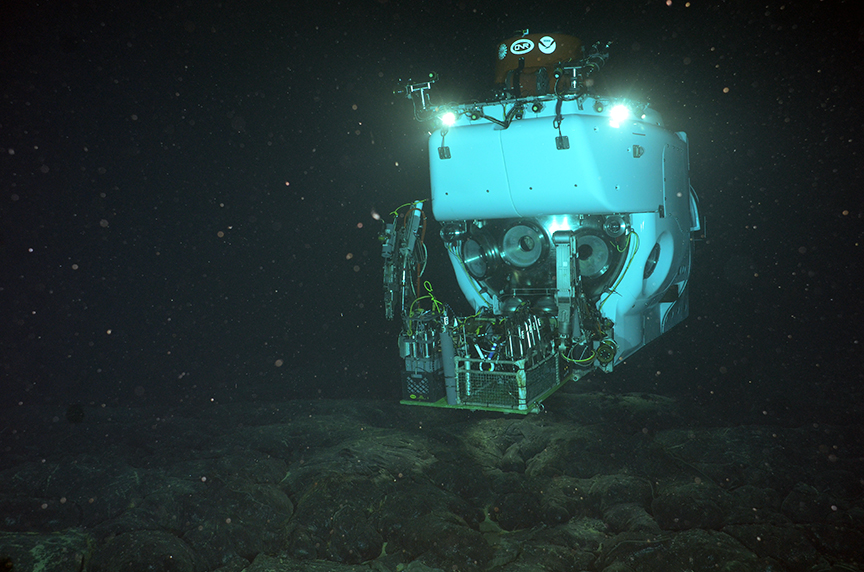Posts Tagged ‘deep sea’
Fieldwork rocks: Marooned on purpose
You might think of a deserted island when you picture being marooned, but for some geology researchers the island is their research ship. To collect samples of rocks and sediments from deep beneath the ocean, scientists park a ship called the JOIDES Resolution in place out at sea. That gives them plenty of time to drill for their samples, but it also means spending two months offshore.
Read MoreSolving for climate: Coasts in the machine
The Earth’s oceans play a crucial role in regulating the planet’s climate by absorbing and storing vast amounts of heat and carbon dioxide from the atmosphere. However, due to human activities such as the burning of fossil fuels and deforestation, the oceans are warming at an alarming rate. This increase in ocean temperature is causing a range of devastating impacts, from more frequent and severe storms to rising sea levels and bleached coral reefs.
Read More22-Storied careers: Ocean sensors and dog scenters
Tommy Dickey is an emeritus oceanographer from U.C. Santa Barbara and Naval Operations Chair in Ocean Sciences. His modeling and observational research yielded ocean monitoring technologies and tools. For retirement, Tommy trains and deploys Great Pyrenees as therapy dogs, while studying scent dogs’ capacity to detect COVID-19.
Read More21-Storied careers: Scouring seas from the skies
This episode is about how satellite technology is being used to study a big chunk of the earth’s surface. Seventy percent of the earth comprises water but we know very little about it. Color sensors aboard some satellites can actually reveal a lot about phytoplankton or microalgae blooms that are linked to ocean temperatures. These tiny organisms contribute to half the photosynthesis on the planet.
Read More12.5-A podcast of ice and fire
Cool off from the summer heat with our next six-part miniseries all about ice – from those who call it home to its use as a tool in science.
Read MoreStaff Picks: Mythical monsters & their real-life inspirations (Part 2)
We’ve all heard stories about fantastical creatures that people swear they’ve seen and have evidence of but can never be confirmed. Think Bigfoot or the Loch Ness monster. Mermaids or the Kraken. While there’s no evidence backing the existence of these creatures, either in present day or at any point in the past, there must be a reason why such legends were created in the first place. In most cases, the legend in grounded in fact.
Read MoreStaff Picks: Mythical monsters & their real-life inspirations (Part 1)
We’ve all heard stories about fantastical creatures that people swear they’ve seen and have evidence of but can never be confirmed. Think Bigfoot or the Loch Ness monster. Mermaids or the Kraken. While there’s no evidence backing the existence of these creatures, either in present day or at any point in the past, there must be a reason why such legends were created in the first place. In most cases, the legend in grounded in fact.
Read MoreSpecial Release: Mythical Monsters and their Real-life Inspirations (Part 2)
In this episode, the second in a two-part series, we chatted with Rodrigo Salvador, Curator of Invertebrates at the Museum of New Zealand, about the connections between giant squids and the Kraken, and Danielle J. Serratos, Director/Curator of the Fundy Geological Museum, about the links between prehistoric aquatic reptiles and the Loch Ness monster, respectively.
Read MoreE19 – Eavesdropping on the Ocean
To those of us on land, the world underneath the oceans seems quiet and serene. But scientists who study ocean acoustics will tell you it is anything but tranquil underwater. Our oceans are home to a cacophony of sounds – from the songs of marine mammals to the cracking of icebergs to the rumbling of earthquakes to the roar of ships.
Read MoreE4 – Alvin and the Ocean Deep
The ocean floor is a deep, dark, cold, scary place filled with terrifying creatures and scorching fissures where boiling magma emerges from Earth’s crust. So what’s it like to be a scientist whose job it is to study these dangerous things up close and personal?
Read More
